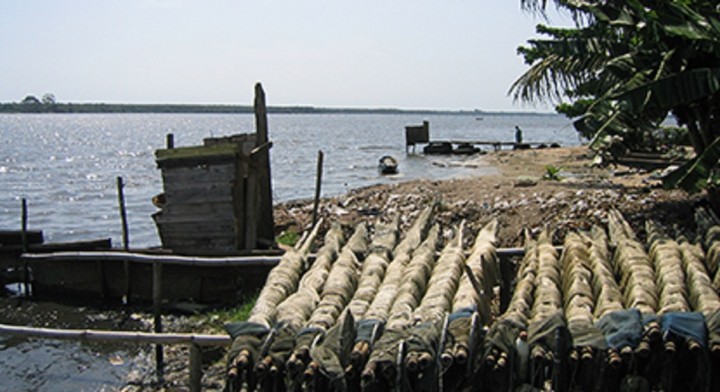SLU Research Projects
Project ongoing since: 2005 • Swedish University of Agricultural Sciences (SLU)
Purpose
Safe and effective use of resources in sewage and waste suitable for developing and middle income countries. Research includes nutrient recycling, protein produced from waste by black soldier fly larvae or worms, or compost technologies.
Activities
The Environmental Engineering Group at the Department of Energy and Technology studies nutrient recycling systems from waste to high quality, nutrient-rich products with small risks of spreading diseases. Recycling systems for nutrient rich waste, such as human urine, faeces, food waste, urban manure, slaughterhouse waste, etc. are studied. Recycling products studied are e.g. protein produced from waste by black soldier fly larvae or worms and safe and high quality fertilisers. Research specialties: protein production from waste, sanitisation technique, ammonia sanitisation, greenhouse gas emissions from biological waste treatment processes, compost technology and environmental systems analysis.
- Environmental Engineering
- Low-and middle-income countries: The research includes safe and effective use of resources in sewage and waste suitable for developing and middle income countries.
Example: "Waste to worth" in Uganda where fly larvae convert manure (animal and human) and organic waste into protein rich animal feed.
Images

Image: SLU low and middle income countries © SLU
Countries of activity
Location of main activity
Filter tags
Capacity development Composting, vermicomposting (solid waste), composting toilets Europe & Central Asia Faecal sludge treatment processes Faeces or faecal sludge Fertiliser Food security and productive sanitation Fundamental research and engineering Global Other funding source or unspecified Protein for animal food Resource recovery Sub-Saharan Africa Swedish government Treatment of wastewater or greywater University, education or research institution Urine Urine diversion dehydration toilets (UDDTs)
Links
Swedish University of Agricultural Sciences
Uppsala
Sweden
Uploaded by:
SuSanA Admin (susanaadmin)
















